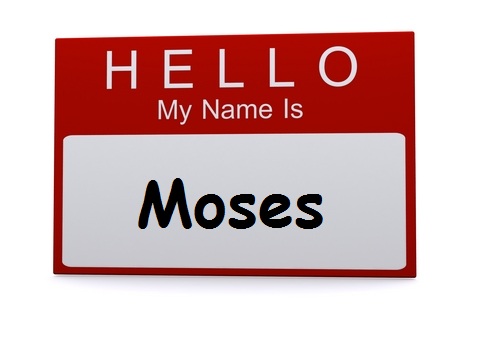The tabernacle, mishkan, was worked on for a few months and dedicated on the first of Nissan. The last parsha in Shmot is read this Shabbat, and in it this big project is described – vessel by vessel.
But in the parsha, we find a very mundane peculiar list: The Torah records everything collected – how much gold, how much silver etc. Was Moshe not trusted? Why must everything be recorded and accounted for? In Numbers Chapter 12 Verse 7 , Moshe is described as the most trustworthy individual – did anyone really think that Moshe was taking any of the contributions for himself?
Our Rabbis say in a midrash that the people actually started suspecting Moshe and saying: Doesn’t he look a little fatter lately? In today’s terms, we’d say: Is that a new car he’s driving?
We learn from here that when one is in charge of public funds, one must be completely open and transparent, accountable and above-board! Being in that position comes with responsibility and a sensitivity to other people’s money.
If Moshe needed to show that he was 100% honest with everything he collected, how much more so must we!
Have you ever been in charge of a project, party or fundraiser where you were collecting the money or holding on to it? How did you stay fully accountable? What kinds of things can people do to assure the others that he/she is being responsible and not, G-d forbid, taking any of it for himself/herself.
We also learn from this parsha that it is not enough to BE honest, one must prove that honesty and never put anyone in the position where he/she might suspect you, even if their suspicion is unfair!







Leave A Comment